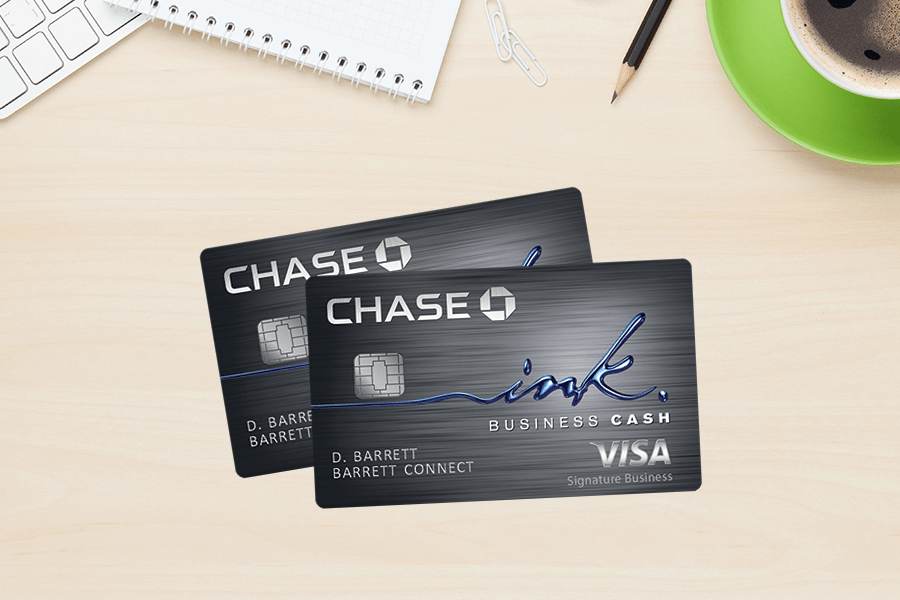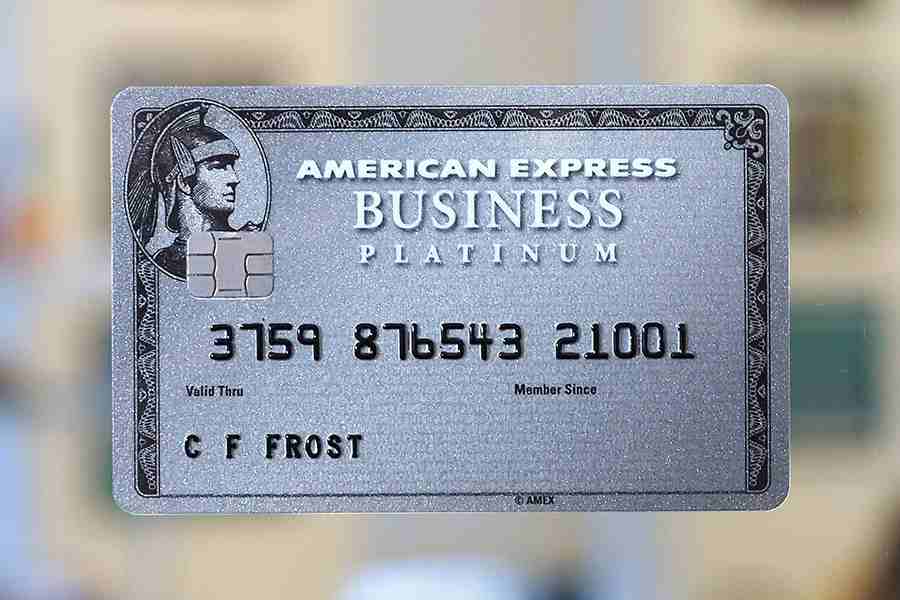Education & Credentials:
- BS in Information Technology
- Licensed Financial Adviser
Expertise:
Banking, Business Financing, Business Credit Cards, Reviews
Highlights
- Consumer Banking with five years of experience
- Asset Management and Real Estate with five years of experience
- Foreign Exchange with two years of experience
Experience:
Benilyn Formoso-Suralta is a staff writer at Fit Small Business focusing on finance, accounting, and Small Business Loans. She brings with her 12 years of experience as a banking officer with the Bank of the Philippine Islands with expertise in consumer banking, real estate sales, and foreign exchanges.
Hobbies:
In her downtime, Benilyn is a yoga and fitness enthusiast. She is also a stage mother of her two beautiful children who are aspiring performers.
Posts Written by Benilyn
Discover more resources
for your business
Education & Credentials
- BS in Information Technology
- Licensed Financial Adviser



